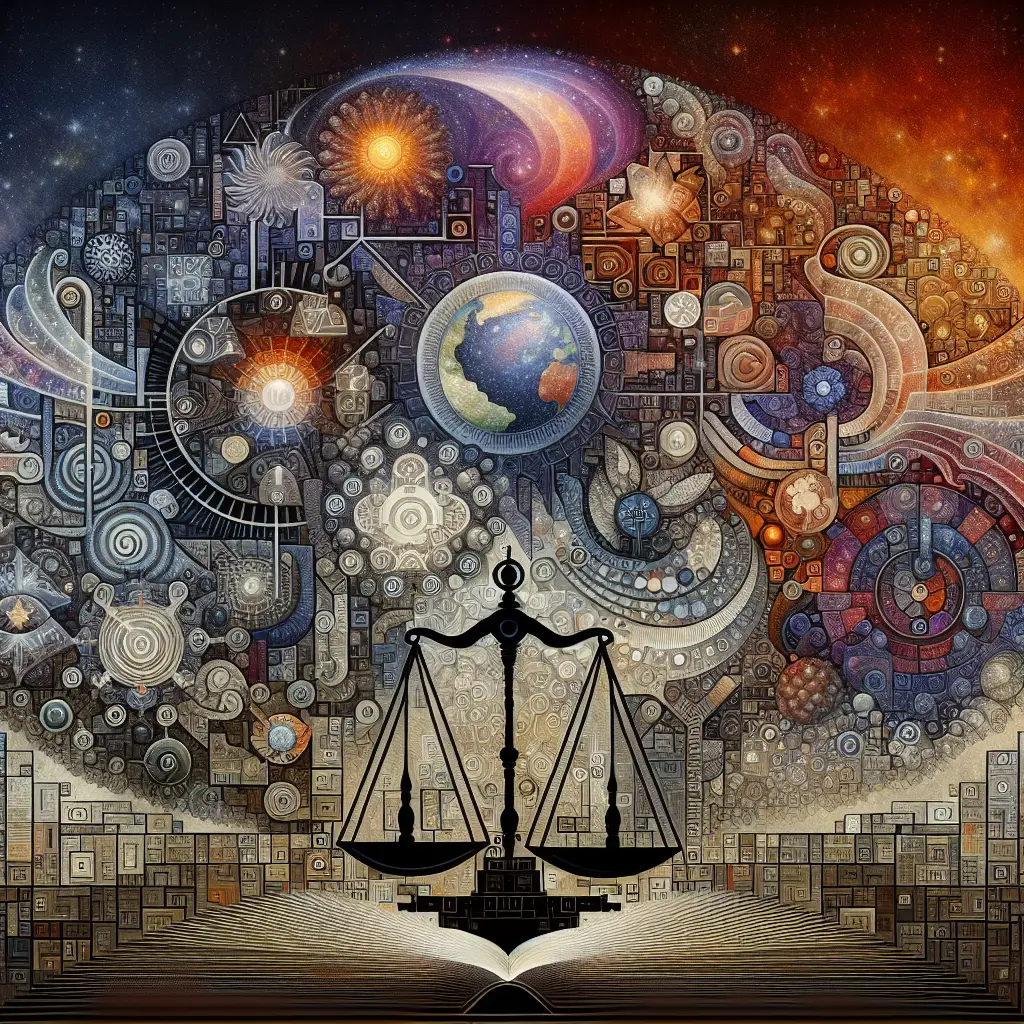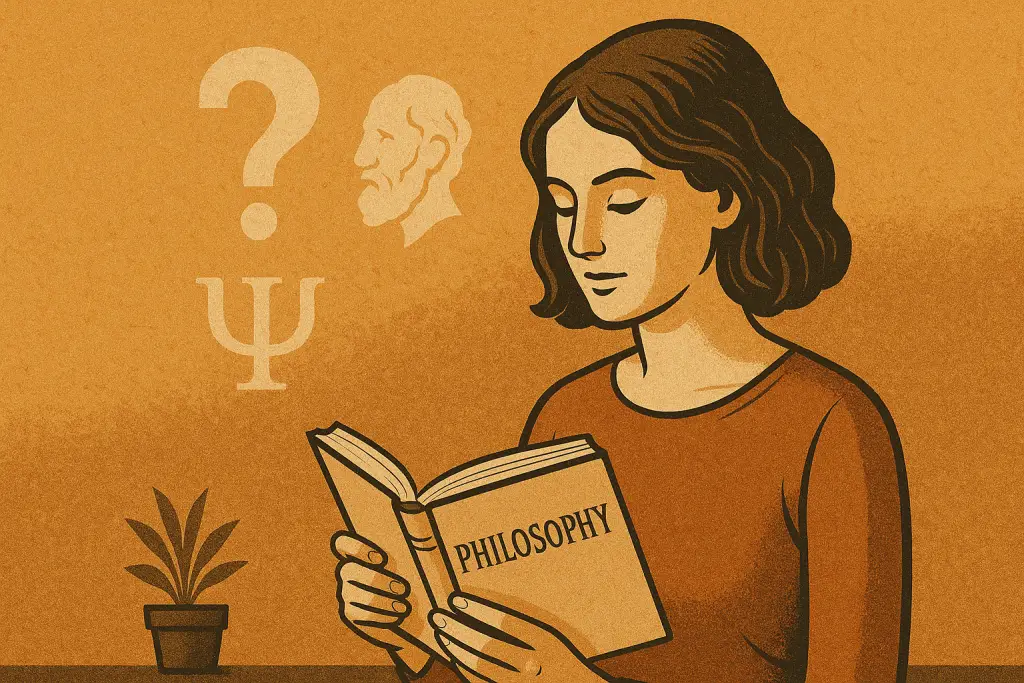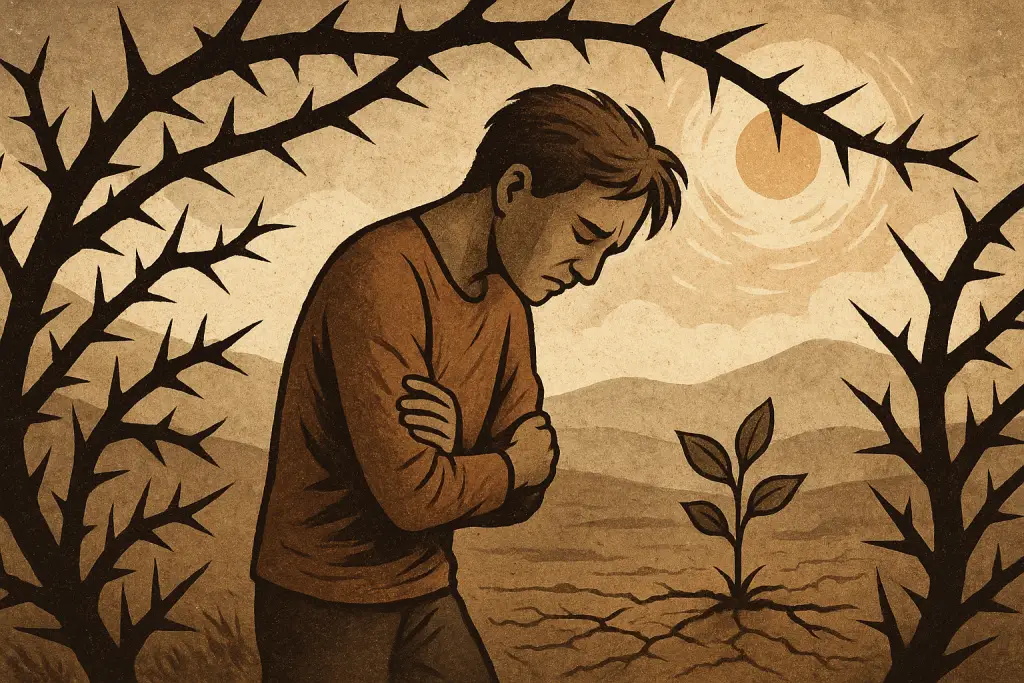Unraveling the Interplay of Socio-Cultural Fundamentals and Philosophical Thinking: An Analytical Probe
Introduction
From the outset of human civilization, philosophers have been ceaselessly trying to understand and untangle the intricate cobweb of our existence, probing into questions like what truly determines who we become? What are the primary drivers influencing the way we ideate, think, and perceive our world? With time, these inquiries became progressively intricate, encompassing additional, diverse dimensions. While it is true that our ideas and philosophies are molded by several variables, it’s becoming increasingly evident that our upbringing and the socio-cultural structures we navigate through have a profound contribution. This perceptible assertion seems most pertinent when we delve into the realms of morality and epistemology.
Dissecting the Influence of Societal Structures on Moral Judgments
The universal belief in objective morality assumes that the principles of right and wrong remain unalterable across different individuals and societies. However, this perspective has been critically examined and challenged by scholars from several disciplines, such as psychology, philosophy and sociology. The crux of their discourse suggests that our moral judgement is predominantly influenced by the societal and cultural context we are located within.
For instance, Drazen Prelec and Dan Ariely, noted psychologists, argue that people’s views on what constitutes ethically sound behavior can skew considerably depending on whether they operate within integrity-based or compliance-based cultures. Similarly, renowned sociologist, Durkheim suggests that our moral judgments remain inseparable from society since they reflect the collective conscience. Elaborating further, philosophers like Alain Badiou argue that the idea of a universal morality is largely an abstraction, while in reality, every society creates its own ethics informed by cultural and community values.
Ultimately, therefore, the moral landscape might not be as uniform as it is frequently presumed, but rather, more amorphous and subjective, shaped by a myriad of societal phenomenons and cultural influences.
Epistemology and the Dynamics of Perception
Moving from the moral to the epistemic, a considerable percentage of philosophical theorists opine that our understanding of reality and knowledge is not entirely contingent on the objective world. This is not to discredit the value of objective realities, but instead to state that they don’t represent the absolute entirety of our knowledge base.
Renowned philosophers like the empiricist John Locke argued hundreds of years ago that knowledge comes predominantly from sensory experience, which is inextricably shaped by our cultural and personal narratives. In other words, while there is an objective reality, how we interpret and understand it is largely determined by our unique cross-section of experiences.
Moreover, more recent philosophers such as Thomas Kuhn and Michel Foucault further advanced these ideas. They argued that our perceptions represent paradigms and epistemes, shaped by our societal and cultural frameworks, and these paradigms, in turn, shape the way we interpret objective realities.
Thus, the approach that knowledge exists entirely independent of our subjective experiences has been superseded by the perception that objective realities and subjective experiences coexist symbiotically to formulate our understanding of the world.
Conclusion
The philosophical journey of humankind has perpetually revolved around inquiries concerning the nature of morality and the sources of our knowledge. As we explore these thought-provoking topics, it is unmistakable how intrinsically our ideas and perspectives are tethered to the sociocultural structures around us and the personal experiences within us.
The discourse implies that principles of morality cannot exist in a vacuum, detached from society, while our awareness and understanding of reality cannot be solely deduced from the objective world, devoid of our personal and collective experiences. From this perspective, it appears that these philosophical constructs are indeed living, breathing entities, constantly mutating and evolving in tandem with our cultural, societal, and personal matrices.
Irrespective of the philosophical leanings one might have, there seems to exist a compelling argument towards understanding the socio-cultural dynamics that fundamentally shape our philosophical dispositions. A comprehension of this interplay might not only offer unique insights into our ideologies and behaviors but could also prove instrumental in fostering more empathetic societies where divergent moral codes and epistemic understanding are not merely acknowledged, but actively celebrated.



